Choosing a point-of-sale (POS) system is one of the most important decisions you’ll make as a business owner. It’s not just about processing payments — your POS is the nerve center of your operations. The right system can improve efficiency, reduce errors, empower your staff, and give you real-time insight into what’s working and what’s not.
But not every system fits every business. Whether you run a wine bar, a boutique, or a multi-location quick-serve restaurant, you need tools that match how you work, and grow with you.
Understand your business needs
Before comparing platforms or pricing, get clear on how your business actually runs.
Retail and hospitality have different workflows
Retail stores depend on features like barcode scanning, stock level alerts, and easy returns. Restaurants and cafes rely on table layouts, tabs, tipping, and kitchen printing. A POS built for both should offer tailored tools for each — and let you toggle features based on how you operate.
Think about scale, not just setup
Whether you’re running a single location or expanding across multiple sites, your POS should handle both without friction. Cloud-based systems make it easy to access data, manage inventory, and troubleshoot issues from anywhere. That flexibility is key if you’re growing or managing multiple concepts under one roof.
Look for features that actually move the needle
Plenty of systems offer bloated feature lists. What you need are tools that keep your business moving and your customers happy.
Integrated payments
Payments should be seamless and secure. Look for a system that accepts tap, chip, mobile wallets, and cards — with no clunky hardware swaps or hidden fees. Integrated payments also speed up checkout and reduce reconciliation headaches.
Inventory and staff management
Real-time inventory tracking is essential for preventing stockouts or waste. Bonus if the system can sync inventory across in-person and online sales. Staff management tools like shift tracking, tip pooling, and role-based permissions, help keep operations tight.
Ecommerce and omnichannel integrations
If you’re selling online, make sure your POS connects directly to your ecommerce platform. Systems like Shopify, WooCommerce, and BigCommerce all offer POS integrations, but the quality and syncing vary. Your retail POS should bridge the gap between in-store and online, not widen it.
Hardware and setup matter more than you think
The right POS hardware blends into your space and doesn’t slow anyone down.
Choose flexible, reliable hardware
Whether you prefer iPads at the counter, handheld devices for table service, or customer-facing displays, your setup should match your floor plan, not the other way around. Good hardware makes transactions faster and reduces training time.
Don’t skip on support and onboarding
Even the best system can feel overwhelming without guidance. Look for providers who offer live onboarding, real-time support, and proactive help, especially during busy seasons or when rolling out new locations.
Watch out for costs that sneak up on you
A low sticker price doesn’t always mean low cost in the long run.
Avoid hidden fees and fine print
Some POS providers charge extra for support, integrations, or basic features like gift cards. Others bury you in processing markups. Make sure you understand the total cost — software, hardware, processing, and support — before you sign anything.
Choose pricing that fits how you operate
The best systems offer clear, modular pricing. That means you can start with the basics and add on as needed without getting locked into long contracts or bundles with tools you’ll never use.
Conclusion: pick a POS that works like a partner
The best POS system isn’t the one with the longest feature list — it’s the one that fits how you do business and makes your life easier. From integrated payments to inventory, staff, and sales reporting, it should bring clarity to your operations and confidence to your decisions.
Harlow Payments does exactly that. Built for retail and hospitality, Harlow offers a flexible, modern POS system with transparent pricing, cloud-based access, and real support from people who understand your business. It integrates with ecommerce platforms, handles payments seamlessly, and comes with everything you need to run a smarter shop, bar, or café.If you’re ready to upgrade your POS, or finally pick the right one the first time, get in touch with Harlow.


